
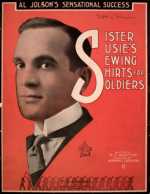
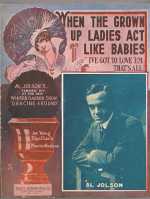


|
He comes from O-hi-o; And we're all proud of him because we know That he's a fighter and he'll fight on the square; He's honest and fair, And just the man we need in the President's chair And he's from O-hi-o. Wait till you see this country in a year or so. With things that don't concern him he'll never fuss; At last we've got a man who'll look after "U.S." We want the world to know We're all behind the Man from O-hi-o |
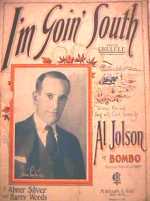
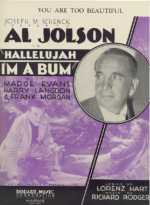

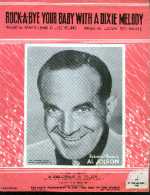
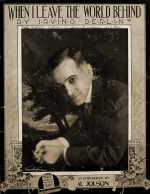
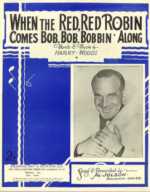

| Updated 29 Dec 24 |